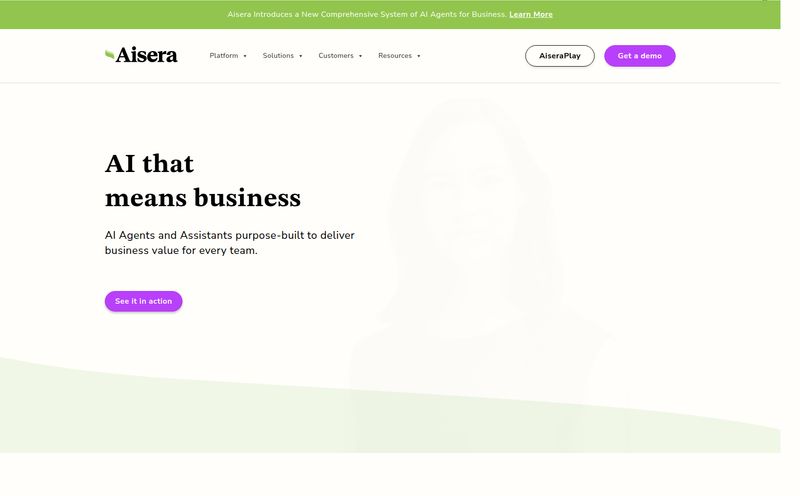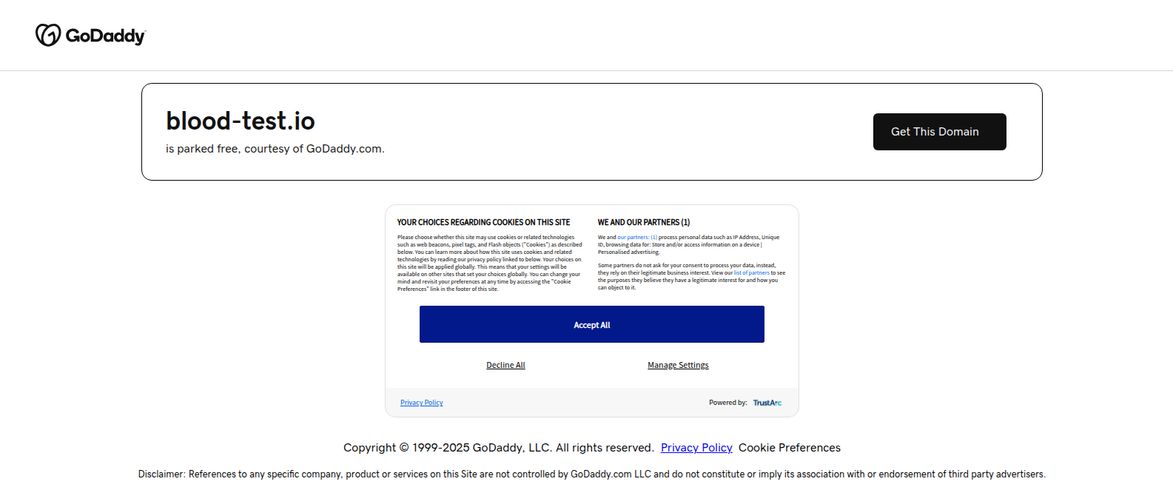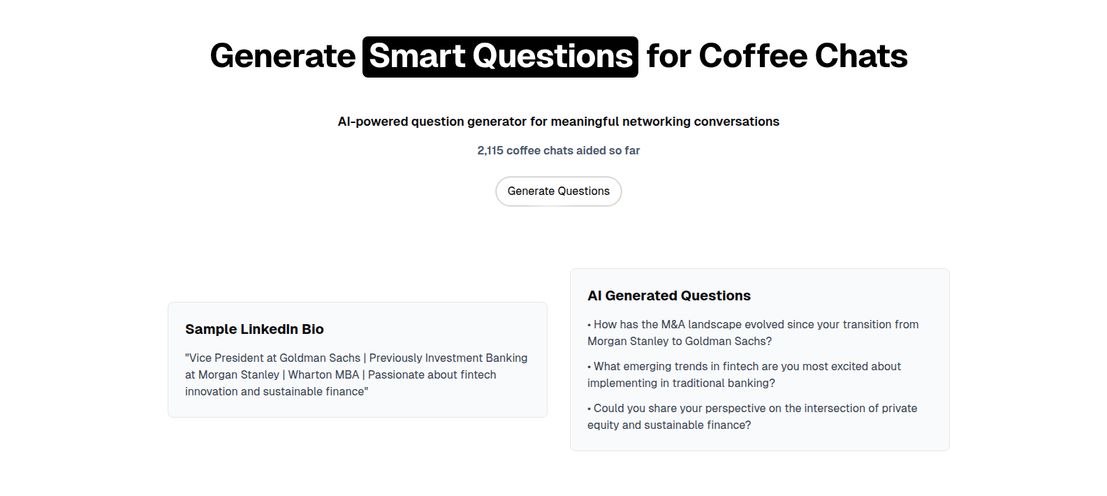If you’re in academia or any research-heavy field, your desktop probably looks like mine used to: a chaotic graveyard of PDFs with names like “final_draft_v7.pdf,” a dozen browser tabs gasping for memory, and a half-finished manuscript staring at you menacingly. We’ve all been there, fueled by questionable coffee, staring at a dense paper at 2 AM, wondering if the authors were actively trying to be confusing.
The whole “publish or perish” thing is real, and the pressure to consume, understand, and then produce research is immense. For years, we’ve cobbled together solutions—Zotero for citations, Evernote for notes, Google Docs for collaboration, and sheer willpower to connect it all. But what if there was a tool designed to streamline that entire, messy process? I've been hearing whispers about an AI tool called Anara, and I have to say, my curiosity got the better of me. Is it just another shiny new AI toy, or is it the real deal? Let's take a look.
So, What Exactly is Anara?
Putting it simply, Anara bills itself as an AI research assistant. But that’s a bit of an understatement. It’s not just a glorified chatbot that can summarize a document. Think of it more like a hyper-efficient, eternally patient lab partner. It’s the PhD student who has already read every paper on your list, color-coded the key findings, and is ready to help you draft your next chapter. Its goal is to help you understand, organize, and write scientific documents, and do it all… well, faster.
It ingests everything from dense research papers and textbooks to audio files of lectures and even your own scribbled, barely-legible handwriting. Then, it helps you make sense of it all.

Visit Anara
Breaking Down the Core Features of Anara
Okay, let's get into the meat and potatoes. What does this thing actually do? I've played around with it, and a few features really stood out as solutions to some of my biggest research headaches.
Taming the Endless PDF Pile
The first thing I tried was feeding it a few notoriously difficult papers from my field. You know the ones. Anara’s AI got to work, and instead of just spitting out a generic summary, it offered something far more useful: clear, referenced explanations. If I asked, “What was the main statistical method used here?” it wouldn’t just tell me; it would point to the exact sentence or paragraph in the source document. That right there is a game-changer. No more hunting for that one specific quote you vaguely remember seeing.
It also handles multiple file types. PDFs, books, even audio from that conference you recorded on your phone. It’s about creating a single source of truth for your project.
Connecting the Dots with Collections and Graph View
My old system involved a complex web of folders and a note-taking app that looked like a conspiracy theorist’s corkboard. Anara’s approach is cleaner. You can group all your sources for a specific project into a “Collection.” This is where the magic starts. The AI can search and synthesize information across all documents in a collection. So you can ask questions like, “How do the methodologies in Smith (2021) and Jones (2023) differ?” and it pulls from both sources.
They also have a Graph View, which visually maps the connections and themes between your documents. For a visual thinker like me, seeing that web of knowledge take shape is incredibly satisfying. It helps you spot gaps in the literature or unexpected connections you might have missed.
Writing and Citing Without the Tears
Ah, writing. The final boss of research. Anara has a few tools to make this less painful. The AI editing and AI autocomplete are pretty slick. It's like having Grammarly but with a PhD in your specific subject area. It suggests rephrasing, clarifies complex sentences, and helps you power through writer’s block.
But the best part? The citation support. It helps you find citations for your claims, ensuring your work is well-supported. For anyone who has spent a full day just formatting a bibliography, you know how valuable this is. It's a small thing that saves an enormous amount of frustration.
Who is Anara Built For?
While anyone could probably find a use for it, Anara is clearly designed with a specific user in mind. I see this being a godsend for:
- PhD Students and Postdocs: The sheer volume of reading required for a literature review is staggering. Anara could literally cut that time in half.
- Research Scientists: Whether in academia or industry (I see you, Morgan Stanley and PwC logos on their site), staying on top of the latest developments is crucial.
- Medical Professionals: The testimonials from a physician and a dermatologist make perfect sense. Quickly understanding new studies and treatment protocols is part of the job.
- Collaborative Research Teams: The features for shared repositories, access management, and collaborative editing mean entire teams can work from the same pool of knowledge, seamlessly.
The Little Things That Make a Big Difference
Beyond the headline features, there are a few other bells and whistles that I genuinely appreciate. The handwriting conversion is shockingly good. I uploaded a photo of my notebook scribbles, and it turned them into searchable text. It supports over 90 languages, which is fantastic for international collaboration. And yes, it has a Dark Mode, because my eyes can't handle a bright white screen at 1 AM anymore. It’s these thoughtful touches that show the developers actually understand their audience's workflow.
Let's Talk About the Price Tag
Alright, the all-important question: what’s this going to cost? Anara has a tiered pricing structure, which I think is pretty smart.
| Plan | Price (Yearly) | Key Features |
|---|---|---|
| Free | €0 / month | Limited AI words, 1 collection, smaller uploads. Great for trying it out. |
| Pro | €11 / month | Unlimited everything, access to top-tier AI models (Claude 3, GPT-4.5), larger uploads. |
| Team | €17 / month | Everything in Pro, plus admin panel, centralized billing, and a dedicated account manager. |
The Free plan is generous enough to give you a real feel for the platform. But for any serious researcher, the Pro plan is the sweet spot. The unlimited usage and, more importantly, the access to premium AI models like GPT-4.5 and Claude 3, is where the tool’s real power is. For a research group, the Team plan makes a ton of sense for centralized management.
A Healthy Dose of Skepticism
Now, I wouldn’t be a good reviewer if I didn’t raise a few potential flags. No tool is perfect. Firstly, the accuracy is only as good as the underlying AI model. While models like Claude 3 are impressive, they can still hallucinate or misinterpret highly nuanced text. You still need to be the expert in the room and double-check its outputs. Don't just copy-paste without thinking.
Which brings me to my second point: the risk of over-reliance. Some might argue that these tools can atrophy our own critical thinking and deep-reading skills. It's a valid concern. My take? Anara is a tool to augment your intellect, not replace it. Use it to handle the grunt work—the initial filtering, the summarizing, the citation formatting—so you can free up your brainpower for the actual thinking, questioning, and synthesizing. It’s a cognitive assistant, not a cognitive replacement.
Frequently Asked Questions about Anara
Is Anara trustworthy for providing accurate answers?
For the most part, yes. Its major strength is that it provides referenced responses, linking directly to the source material. This allows you to verify the information instantly. However, like any AI, it's not infallible. Always use your own expertise to validate its conclusions.
What kind of files can I upload to Anara?
It supports a wide range, including PDFs, Word documents, audio files (like MP3 or WAV), and you can even have it process webpages by providing a URL. The handwriting recognition feature also means you can upload images of your notes.
Is the free plan actually useful?
Definitely. The free plan is a fantastic way to test the core functionality. The limits on words and collections mean you won't be able to run a massive dissertation project on it, but it's more than enough to see if Anara’s workflow fits your style before committing to a paid plan.
How does the collaboration feature work?
You can create shared repositories or 'Collections' and invite team members. Everyone with access can then upload documents, ask the AI questions, and see the shared chat history. On the Team plan, you also get an admin panel for managing users and billing centrally.
My Final Verdict on Anara
So, is Anara the magic bullet for all our research woes? Probably not. You still have to do the hard work of thinking. But is it a powerful ally that can make the entire process faster, more organized, and maybe even a little less painful? Absolutely. I'm genuinely impressed.
It feels like one of the first AI tools I've seen that was truly built by researchers, for researchers. It understands the real pain points of the job. It turns the tedious, time-consuming parts of research into a conversation, freeing you up to focus on what matters: discovering something new. If you're drowning in a sea of papers, I'd say giving Anara’s free trial a spin isn't just a good idea—it might just be the liferaft you’ve been looking for.



